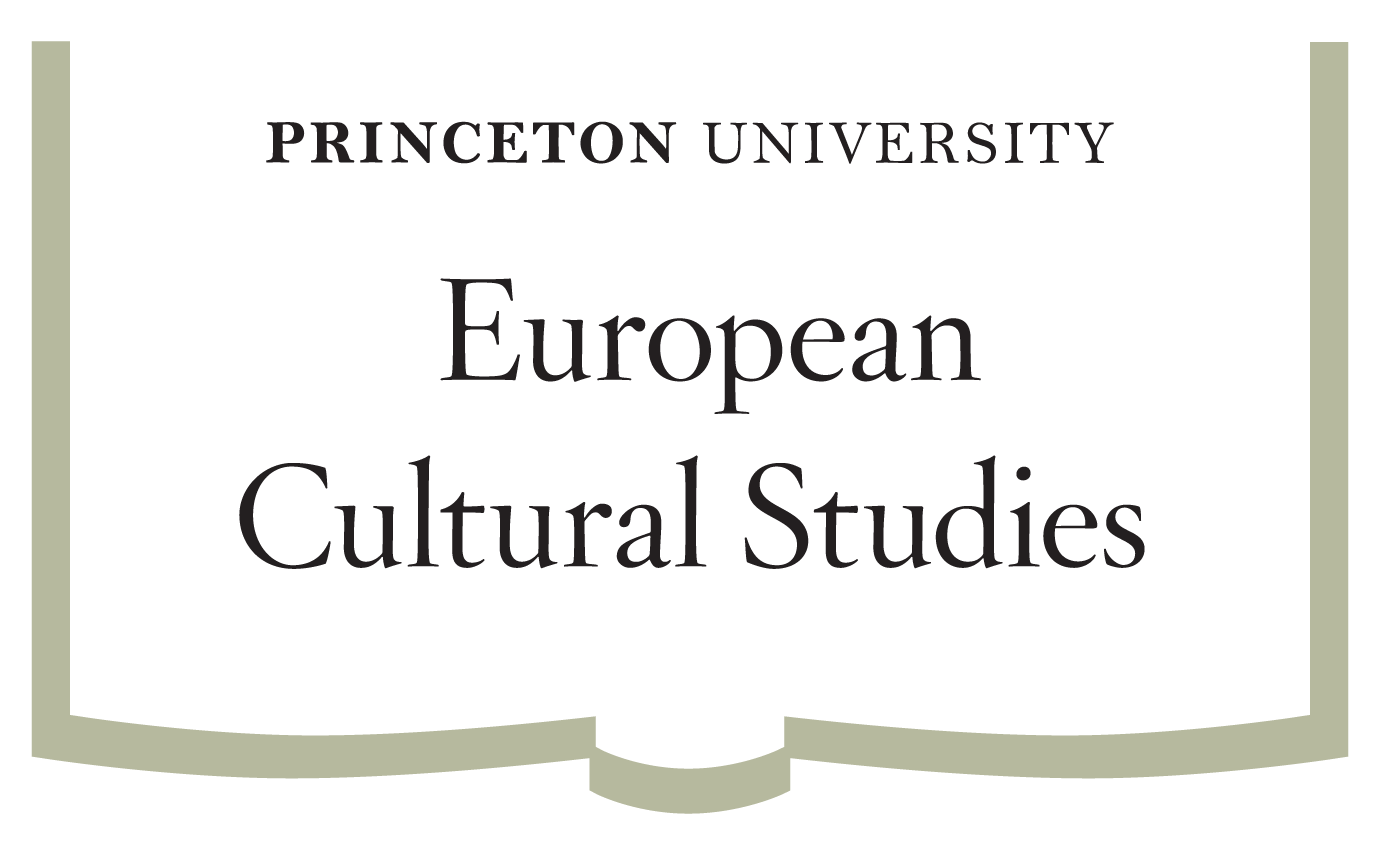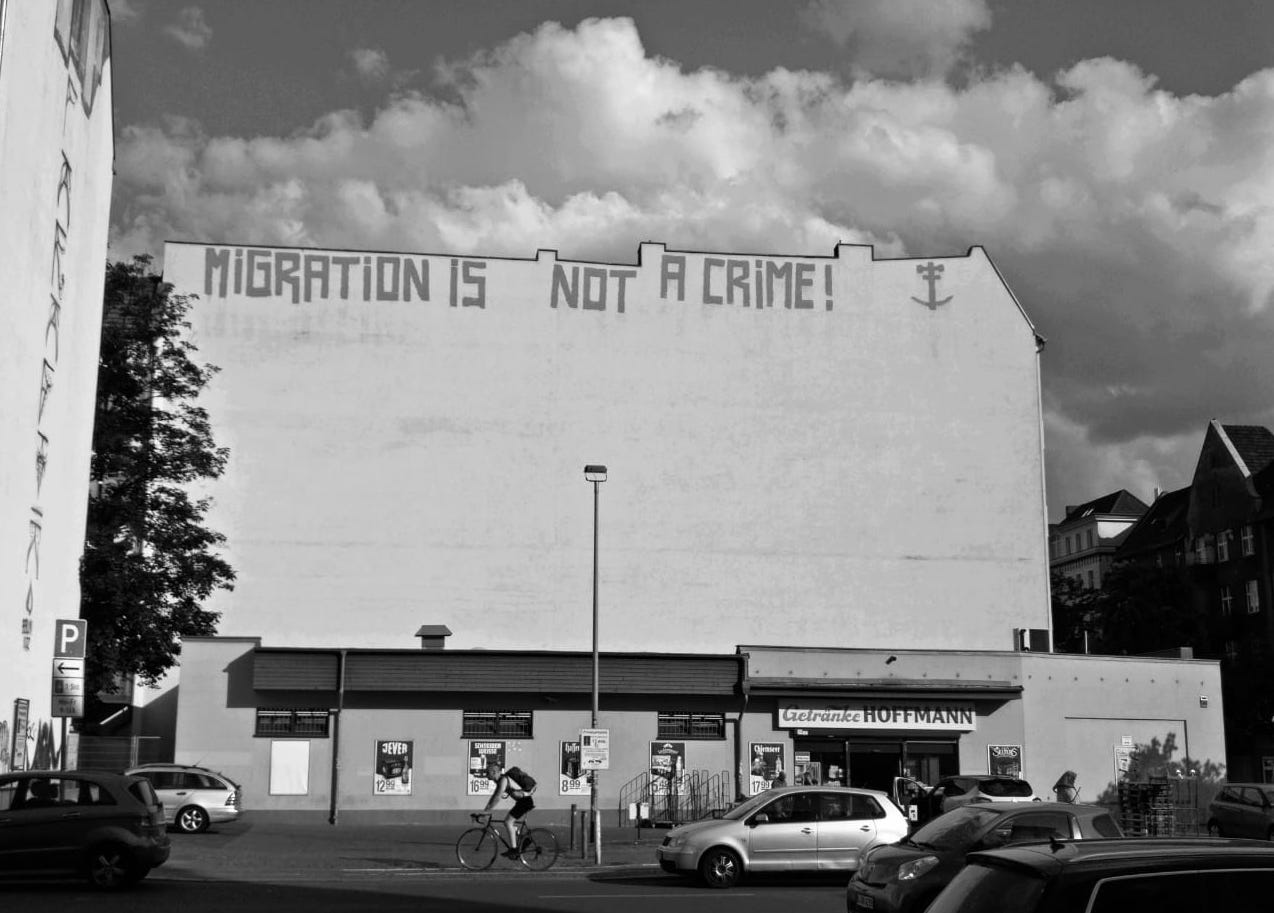The Program in European Cultural Studies awarded grants for research in Europe during summer 2018 to five ECS undergraduate certificate students and six ECS Graduate Affiliates.
Undergraduates CJ Amour ’19, Annabel Barry ’19, Mason Cox ’20, Sylvie Thode ’20, and Esin Yunusoglu ’19, pursued research projects in France, Germany, Italy, and Switzerland in preparation for their junior and senior independent work. Graduate students Liliane Ehrhart, Julia Hori, Kyle Masson, Alejandro Naranjo Sandoval, Candela Potente, and Jagat Sohail, conducted dissertation research and participated in academic conferences and summer institutes in Austria, France, Germany, Italy, Romania, and the United Kingdom.
Amour, a senior majoring in philosophy, journeyed throughout France for a research project focused on the concept of “architectural pilgrimage” and the experiential dimension of travel. Drawing upon her studies in the philosophy of perception and the history and theory of architecture, she explored relationships among the organization of space, the trajectories of buildings and journeys, issues of formal and geometric arrangement, and the role of the body in the experience of travel. Looking to gain deeper understanding of the phenomenological content of physically engaging within a new space, Amour visited a group of important and typologically diverse buildings by Le Corbusier, including the Villa La Roche, Villa Jeanneret, and Le Corbusier Studio Apartments in Paris, the Villa Savoye in Poissy-sur-Seine, the Chapelle Notre Dame du Haut in Ronchamp, and the Cité radieuse in Marseille.
“This research will inform my independent work on the philosophy of perception this year,” she said. “This trip will also inform independent research I hope to conduct in the School of Architecture.”
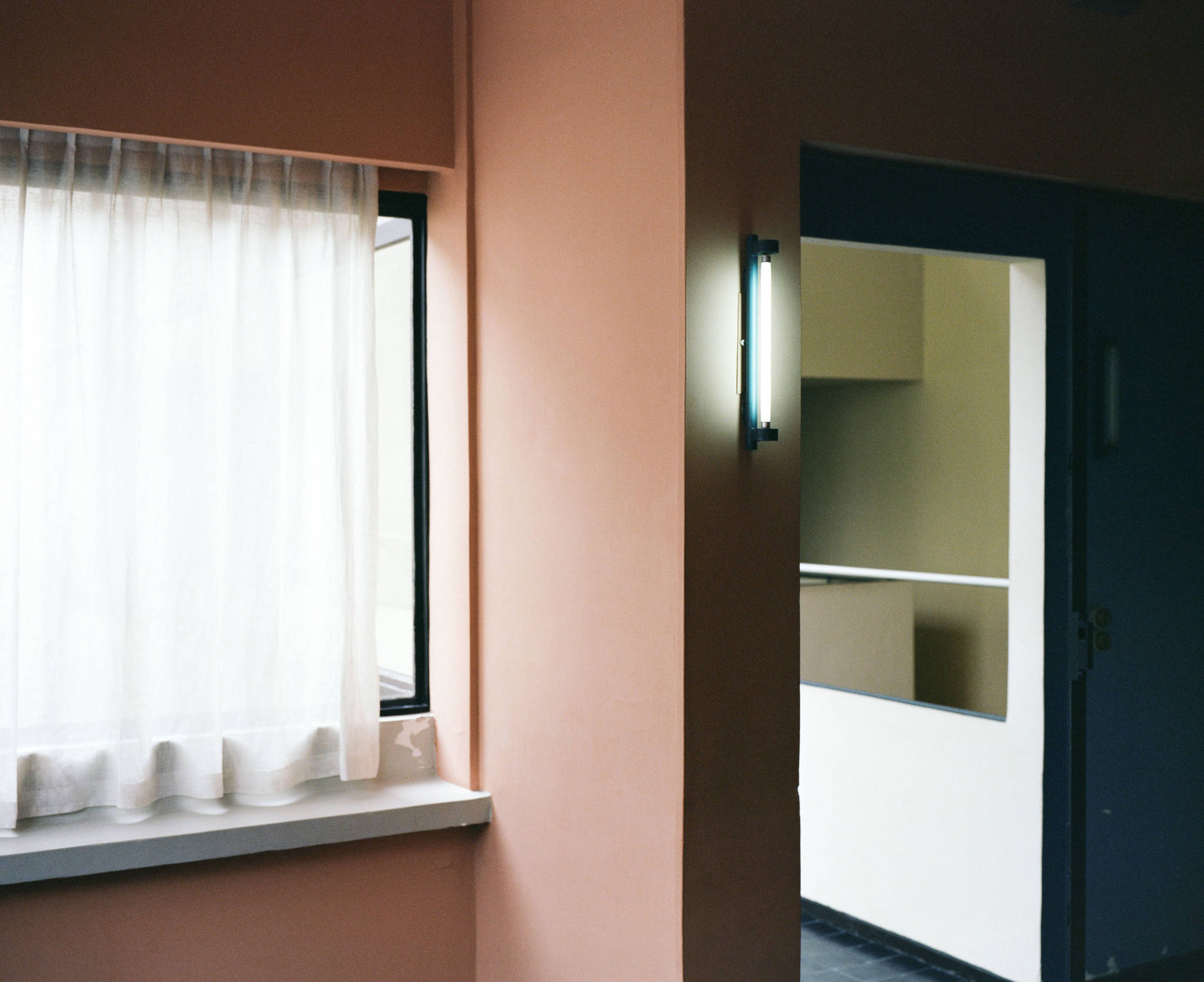
Interior of Maison La Roche, Paris, designed by Le Corbusier 1923–1925
Barry, a senior majoring in English, dived into the history of puppetry for her creative thesis in the Program in Theater. Visiting Paris, a global hub for the art, she conducted research at the Bibliothèque nationale, viewed a traditional children’s marionette show in the Jardin du Luxembourg, and investigated African and Asian precursors to European puppets at the Musée du quai Branly. At the Bibliothèque nationale, she scrutinized the private papers of English set designer and modernist theater practitioner Edward Gordon Craig, who upheld puppetry as “the last echo of some noble and beautiful art from a past civilization.”
“Having developed a deeper theoretical and practical understanding of puppetry as an art form, I now feel prepared to design puppets for The Odyssey: The Musical as my creative thesis,” she said.
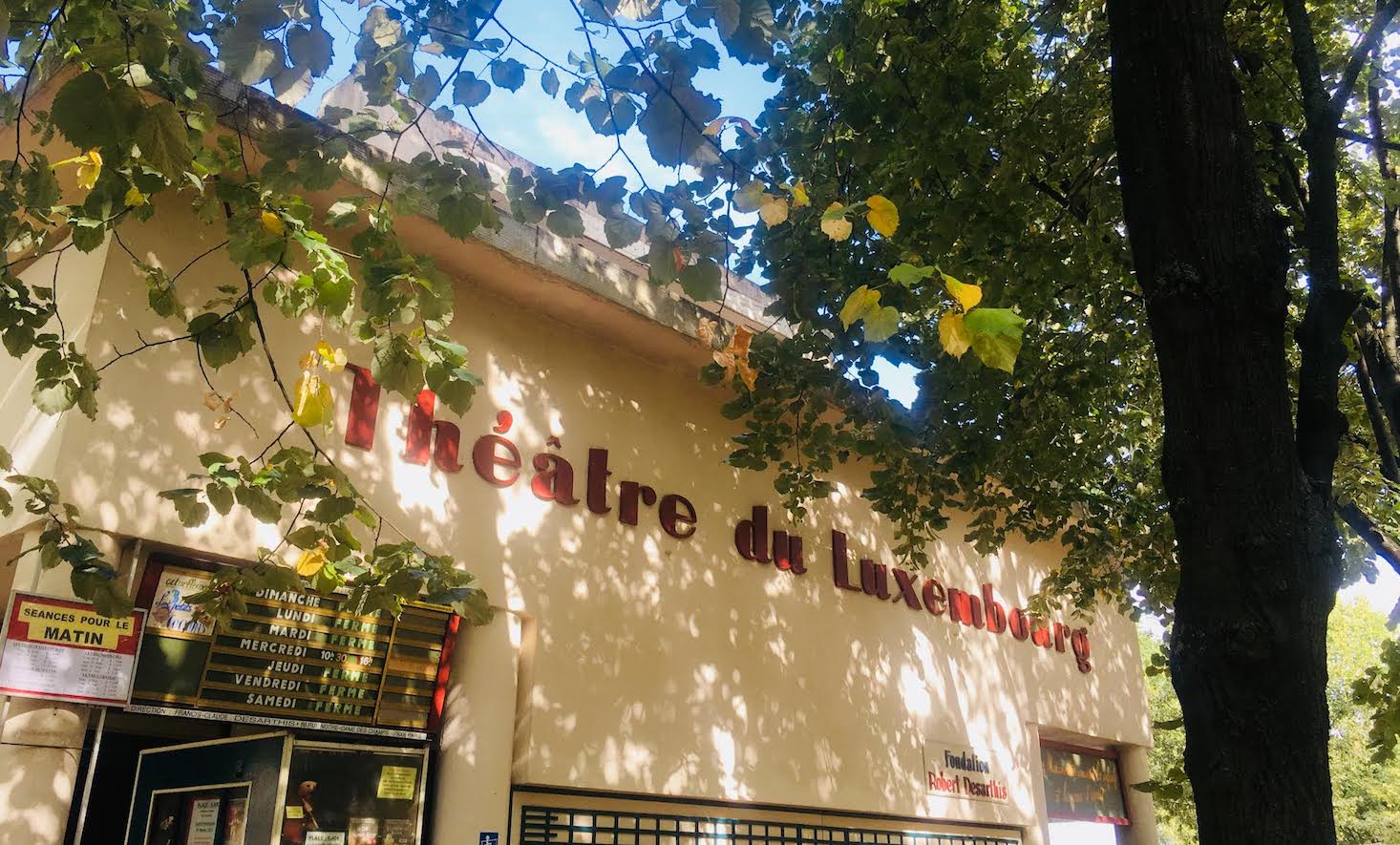
Théâtre des Marionnettes du jardin du Luxembourg, Paris
Cox, a junior concentrating in German, traveled to Germany and Switzerland with the goal of connecting his study of critical theory with concrete objects of German culture. He swept through eight cities — Dresden, Nuremberg, Würzburg, Bamberg, Cologne, Munich, Freiburg, and Basel — where he explored archives, royal palaces, and the collections of some thirty museums. He concentrated on the relationship between memory and architecture, including the history of the reconstruction of Dresden after World War II. Based on his summer research, he plans to focus his independent work in German on aesthetic theory and architectural theory.
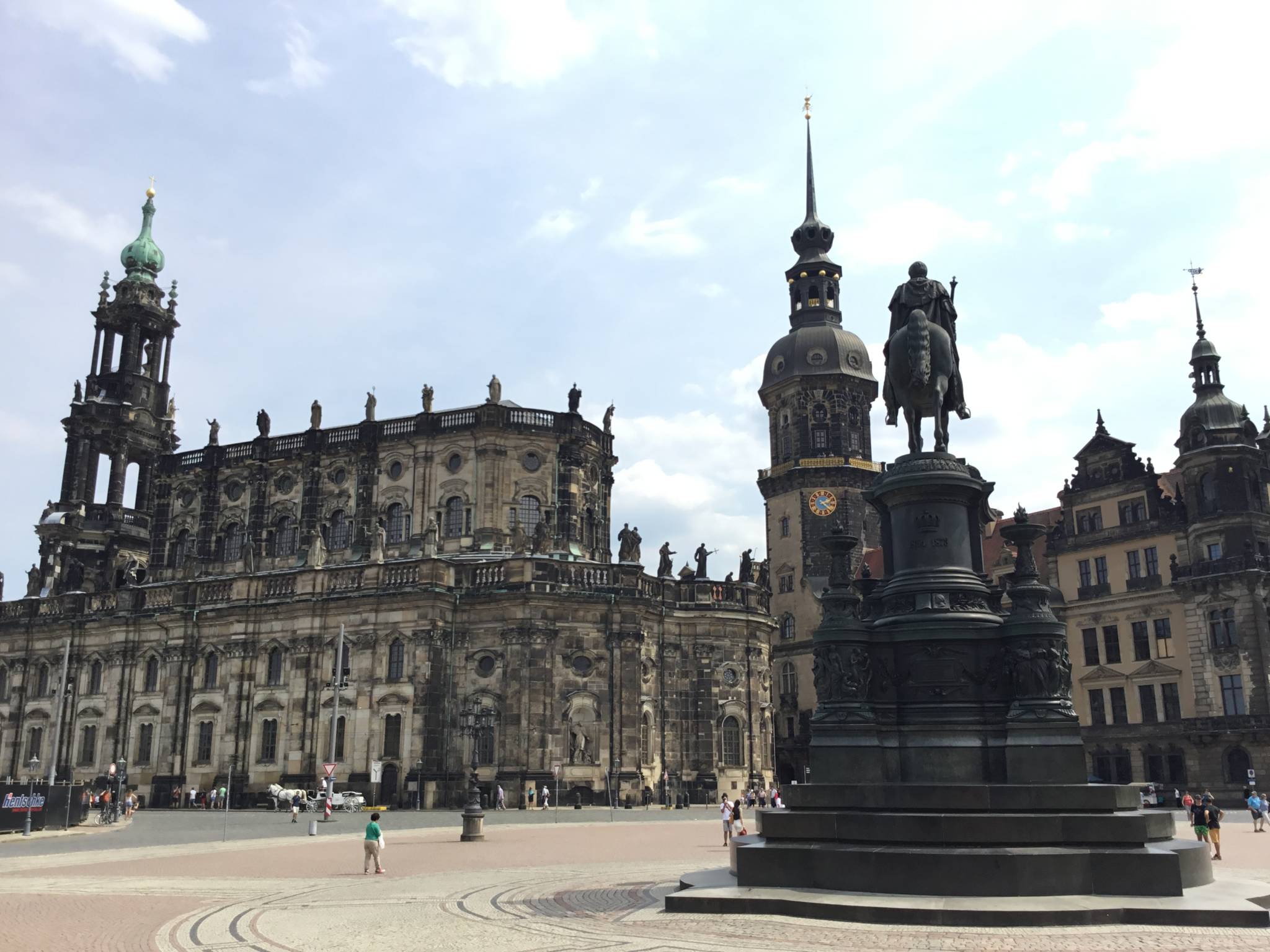
Dresden Cathedral, located in the historic center of Dresden, Germany
Junior in English Thode set out for Paris to explore how ideas and experiences of place and community shaped the work of early twentieth-century American expatriate writers in Paris. Visits to the Musée nationale d’art moderne in the Centre Pompidou, and investigations at the Bibliothèque nationale into the diaries of Adrienne Monnier, owner of La Maison des Amis des Livres, a bookshop frequented by many expatriate writers, led her to focus on the idea of the studio as a site of special significance for both writers and artists in early twentieth-century European culture.
“The urban space of Paris, with its literary cafés and jardins—both of which place emphasis on personal reflecting while in the city space—served as an extension of the ‘artist’s studio’ for this nomadic and unstable community,” she said. Moving forward, Thode said she hopes to delve deeper into the “artist’s studio” and, more broadly, the notion of home in Surrealist poetic production.
Yunusoglu, a senior in Philosophy, returned to Venice after a first visit to the city over spring break as part of the Spring 2019 course “Venice, Theater of the World,” taught by Wendy Heller and Jamie Reuland. Inspired by the choreographers whose work she has studied in courses in the Program in Dance, she sought out their contributions to the Biennale Danza 2018, on the unique stage that is Venice itself. Her summer research investigated the link between architecture and performance, a focus of her upcoming thesis for the certificate in Dance.
Ehrhart traveled to the fifteenth-century Sacro Monte di Varallo in Italy to advance her doctoral research in the Department of French and Italian. The approach toward the Sacro Monte di Varallo is intended to evoke a pilgrimage to Jerusalem, as visitors to the basilica and forty-five chapels encounter the most famous Biblical scenes in colorful frescoes and life-size polychrome wooden sculptures.
To gain an immersive understanding of the site, she approached the scenes first with, and then without, the barrier of protective screens made from wire netting, geometrical openings, or windows. Contrasting the two experiences, she noted, provided vital new evidence for her dissertation research on how materiality crafts an authentic taste of the sacred.
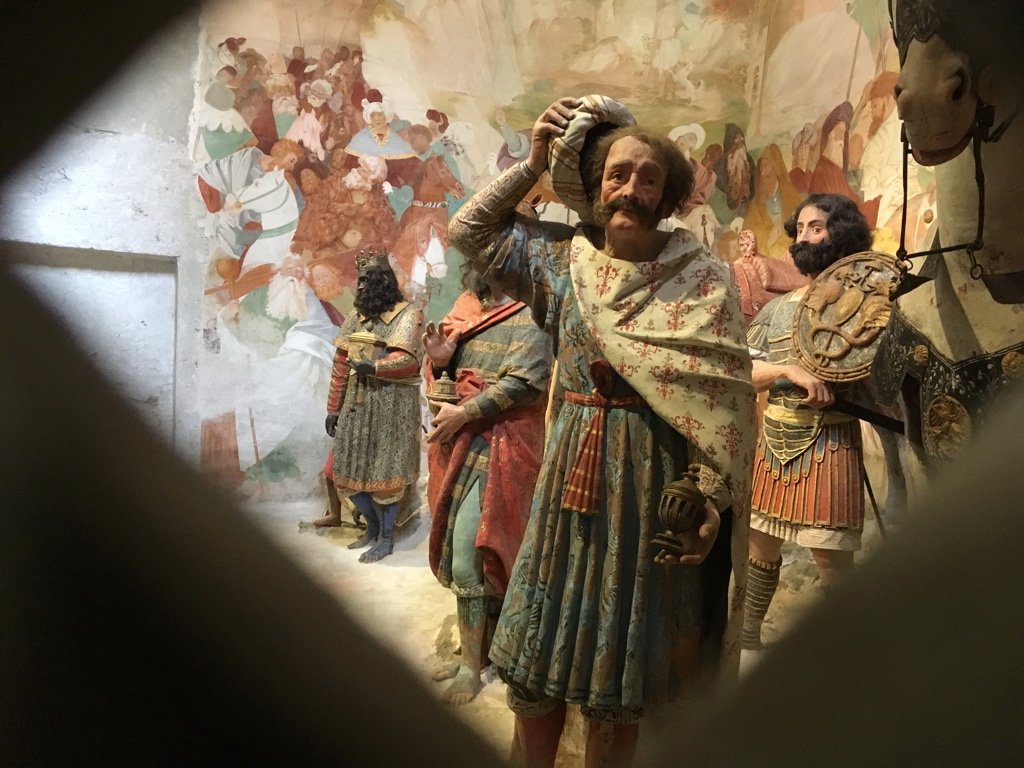
A view of the frescoes and sculptures of Sacro Monte di Varallo, Italy
Hori, a doctoral candidate in English, conducted dissertation research on the post-World War II migration of West Indians to London and of the British elite to the Caribbean. In London, she learned about activism through the Black Cultural Archive displayed at the British Library, as well as about the aesthetic similarities between the dying British empire and the postcolonial diaspora in the Messel Theatre Collection at the Victoria and Albert Museum. She also delved into British designer Oliver Messel’s personal papers at the University of Bristol.
The trip illuminated the curatorial labors and community-building stakes underpinning the materials that her dissertation analyzes, Hori said.
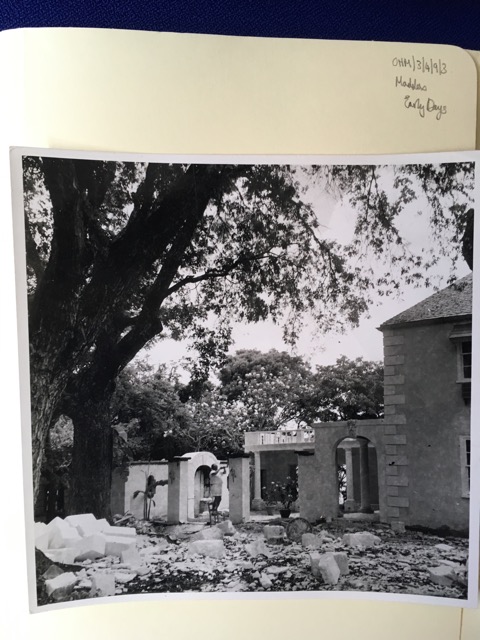
Photograph of Maddox House, Barbados
Masson, who is pursuing a doctorate in Historical Musicology, sought to contextualize the processes of seventeenth-century musical exchange between Italy and Austria. He traveled to Innsbruck and Vienna, Austria, to inspect documents concerning the musical and patronage circles of Italian composer-performer Antonio Cesti, who worked in those cities.
In particular, Masson studied opera scores and libretti by Cesti as well as associated composers at the Österreichische Nationalbibliothek. At the Österreichisches Staatsarchiv, Masson examined the correspondence of the Hapsburg family, including the little-discussed Medici wives who served as patrons. He investigated materials from the 1648 wedding of Ferdinand Karl and Anna de’ Medici as well as their 1652 trip to Italy, which he argues introduced the couple to the musical style that would dominate Austrian courts for decades. In addition, Masson transcribed several letters describing the musical events and court culture surrounding Cesti for future reference.
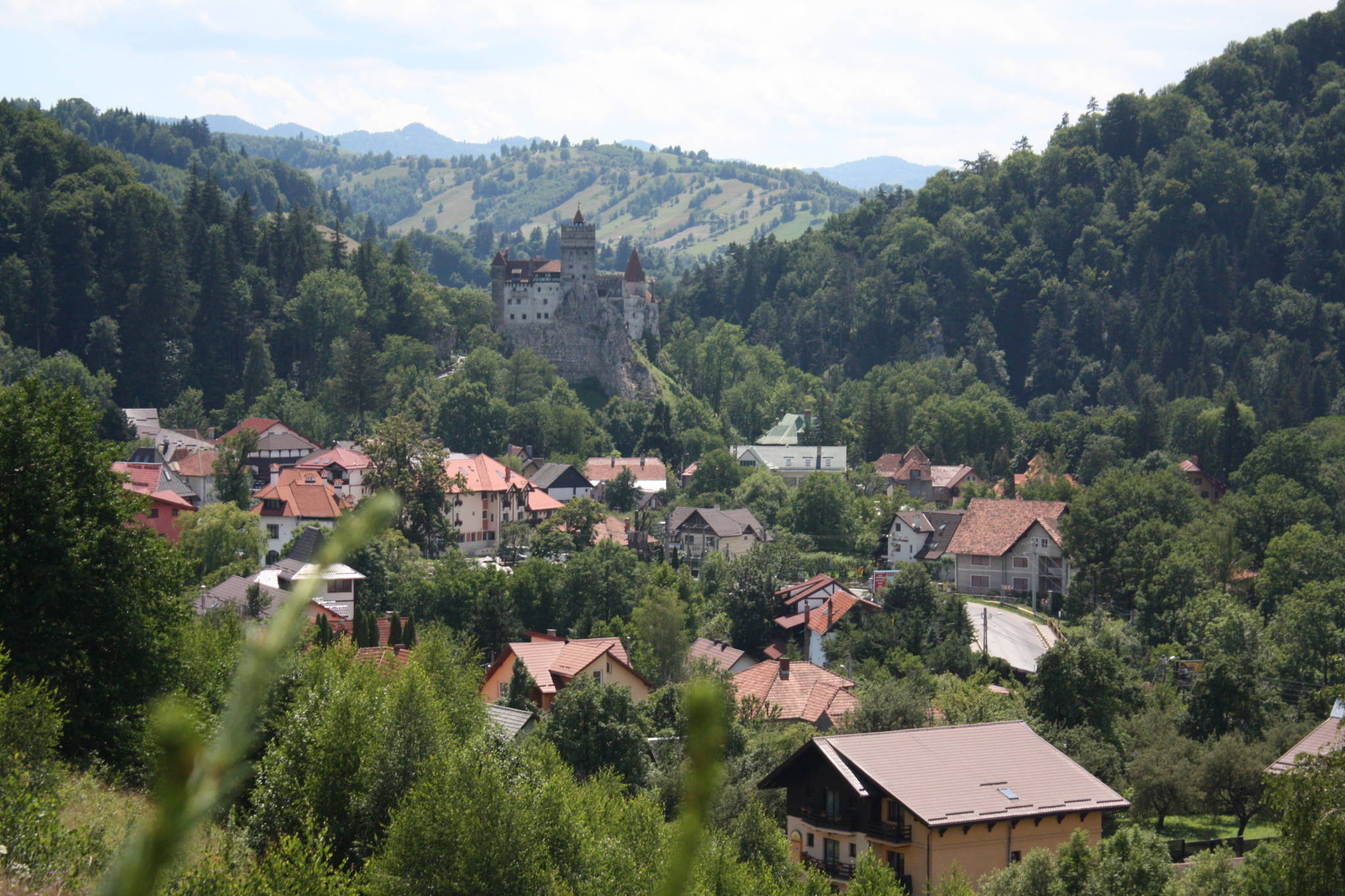
A view of Bran, Romania where the Bucharest-Princeton Seminar in Early Modern Philosophy was hosted
At the Bucharest-Princeton Seminar in Early Modern Philosophy, doctoral candidate in Philosophy Naranjo Sandoval participated in reading groups on topics including early modern logic, biology, and dynamics. He contributed to informal discussion groups addressing pressing issues within the discipline, and enjoyed meeting international experts on philosophers Immanuel Kant and Gottfried Leibniz.
This opportunity to discuss recent research in his field with faculty and graduate students from around the world will shape the development of his dissertation. “I believe these connections will prove instrumental to my research,” he said.
Potente, who is completing a doctorate in Comparative Literature, participated in the Summer Institute for Psychoanalysis and the Media at the Sorbonne Nouvelle in Paris. Her courses centered on different aspects of media in relation to psychoanalysis. Subjects included transference, psychoanalytic readings of cinema, Jacques Derrida’s concept of writing, and differences between Jacques Lacan and Sigmund Freud.
“This institute was an excellent opportunity to learn from scholars who specialize in psychoanalysis, have discussions with peers, and further reflect on topics that are currently central in my own research,” she said.
Sohail, a doctoral candidate in Anthropology, traveled to Berlin to investigate why so many Berliners, despite their initial enthusiasm, have failed to form enduring bonds with refugees from Syria and Pakistan. He observed spaces of interaction between the groups, such as language-learning cafés, shared residences, neighborhood projects, and refugee camps.
“My conversations in the field increasingly point towards the limits of cosmopolitan hospitality, and the tensions inherent within the moral hierarchy of the host-guest relationship,” he noted, highlighting “the paradox of integration in a city where most economic opportunities require emphasizing one’s otherness.”
